ArmChemFront2018 international conference on October 22-26 gathered in Armenia 22 leading scientists from around the world. Winners of Nobel Prize in Chemistry 2016 Fraser Stoddart and Bernard Feringa were among the guests.
The general organizer of the conference was Syuzanna Harutyunyan, Professor of Armenian descent at University of Groningen in the Netherlands. The event was held in cooperation with University of Groningen and Yerevan State University with support of EU Delegation to Armenia.
Fraser Stoddart and Bernard Feringa, who received Nobel Prize for their design and production of molecular machines, gave an interview to Mediamax about current challenges in chemistry and prospects of development of science.
Chemistry and its current challenges
Fraser Stoddart: Chemistry creates its own object, it’s not an original. It’s a very young science, but it has always reinvented itself. People often say that chemistry is an old science and it’s been around for a long time. It’s true, but this discipline has been able to regenerate and reinvent itself year after year. I feel that there is no other science that is so open to creativity. You can put it in the same league as if you decided to be a painter or a sculptor, a novelist, a composer. Thus, if you decide to be a chemist, you’re in the same position as these people - you can create lovely paintings, nice new statues, you can write novels that have never been conceived of before, or you can produce music that the world has never heard. Chemistry can do all of those things, because we are the center of creativity in all sciences.
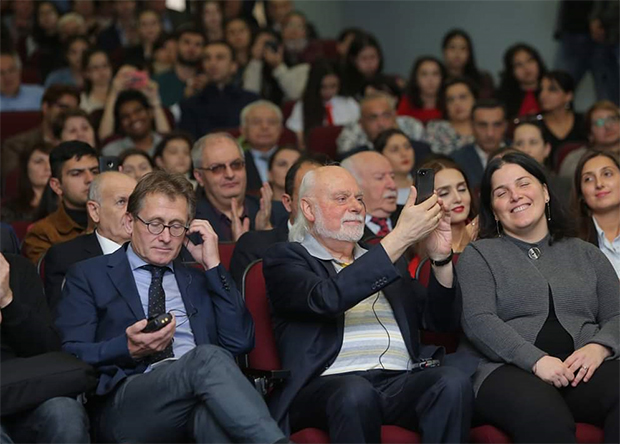 Fraser Stoddart and Bernard Feringa in Armenia
Fraser Stoddart and Bernard Feringa in ArmeniaPhoto: University of Groningen
Ben Feringa: There are many challenges in chemistry nowadays. Today we use a lot of technologies that were discovered and developed 30, 40, 50 years, maybe in some cases, 100 years ago. I think that soon we will have to deal with how we are going to make all products in the future. It’s really important that we consider new technologies to make production processes smarter, cleaner, better, using recyclable materials. Typically chemistry provides drugs, plastics, cars, fuels, and we have to produce things in a better way now than in the past. There are tremendous opportunities for discovery for the young people to help us create a better world in the future.
Armenian scientific face
Ben Feringa: I know that Armenia focuses a lot on information technologies, computing, maybe robotics. However, there is less activity in chemistry. I know that chemistry was very strong in the past, before the independence, but there are some problems now. I think Armenia should invest first of all in young people to get them interested in chemistry, so that they wish to design new materials and make them, being creative with molecules and materials. And then these young people will build a new chemical industry as there is huge potential available. Nonetheless, Armenia currently falls behind with chemistry as compared to other disciplines. So Armenia should invest in institutes and facilities to make the development possible. This country had a very good reputation in chemistry in the past, so it needs a little bit of new impulse now, and I think it would be great, if you could help stimulate young people and students to go in that direction.
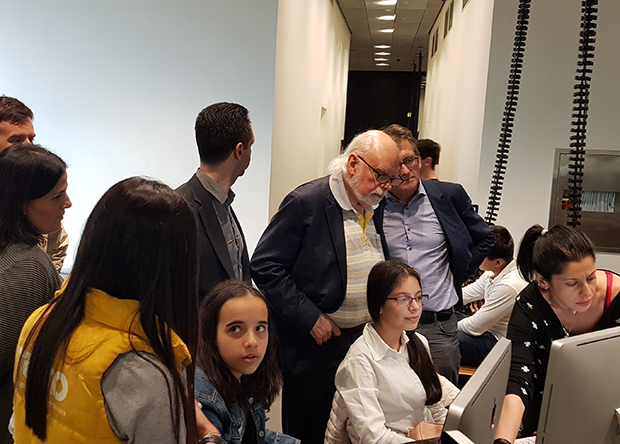 Fraser Stoddart and Bernard Feringa at TUMO Center
Fraser Stoddart and Bernard Feringa at TUMO Center Photo: University of Groningen
Fraser Stoddart: Our minds have been blown away by what we’ve seen here at TUMO Center, but it is lacking physics, chemistry and biology. I know an Armenian boy, one of the smartest people on the planet, who keeps telling me that genetically you are well-prepared in this country to do all kinds of creative things. Like Ben, I just hope that you can create the atmosphere in your high schools to introduce people into science and into chemistry in particular.
Society and science
Ben Feringa: Every day we use smartphones, modern medicine, cars and airplanes, but many people have no idea about where this technology comes from and what kind of fundamental discoveries were needed, as well as how long it took. In my view, we should start with educating the young people about the importance of science and technology. We should also do a better job to be more open to the public and train them, explaining that the molecular world has so many things to offer, which is wonderful.
Fraser Stoddart: Due to the politics in the Western world, many countries have lost their identity, their position and they’re not focusing on the right things. I spend huge amount of time in Asia, most of it in China, where special emphasis is put on education, science and technology. I heard the Chinese President’s address before 7 to 10 thousand people on science and technology for 70 minutes. There isn’t one leader in the Western world that could stand up and talk for even 7 seconds on the subject. This is what I find most upsetting.
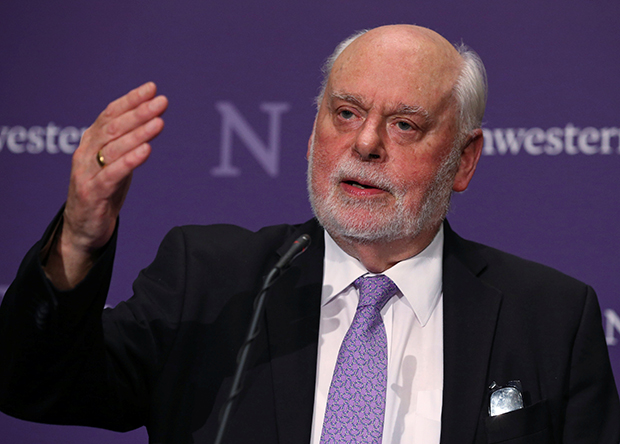 Fraser Stoddart
Fraser Stoddart Photo: REUTERS
Unless there is a change in the attitude of our leaders, which may be enforced by climate change and things like that, I’m not quite sure about how we can develop further other than by ignoring what any government or leadership says or takes and relying only on philanthropy to open up a platform of learning.
The future of science
Ben Feringa: Everybody talks about the future, about a sustainable society. How are we going to drive our cars? How are we going to fly planes in the future? How will we make enough food? So we need fertilizers, we need chemicals to make it. How are we going to deal with all the materials? I think the role of chemistry will be fairly central in the future. Look at yourself, look at the world around you; everything is built on molecules and materials. How will we build a sustainable society, if we don’t deal with chemistry? Chemistry is really important and I think we have to convince our politicians or governments or industries of this importance. Particularly, we should train young people.
I’m really impressed with what happens here, because you get the young people confronted with the technology of tomorrow and they don’t care about what politicians say. They simply train and learn, they want to build robots, learn about IT. I think they will also learn and discover chemistry and physics and make it possible here.
Fraser Stoddart: In my view, if somebody wants to gain entrance into a congress or a parliament, they should first of all have a first degree in science or technology or some other STEM and a second degree in social sciences.
At the moment many of the people, who are in government in the Western countries, walk into office without any of this background. I would also add that they should have some exposure to real life; they should, perhaps, be encouraged to have a year doing social work in their country and another year in another country. Fairly steep learning curve should be applied, before you can make it to be a member of parliament, a member of the House of Representatives, a member of the Senate, or whatever name you use. I think that’s way forward here.
Marie Taryan talked to Ben Feringa and Fraser Stoddart
















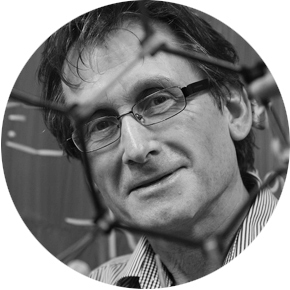

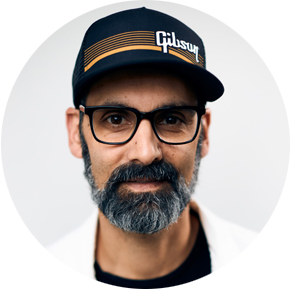
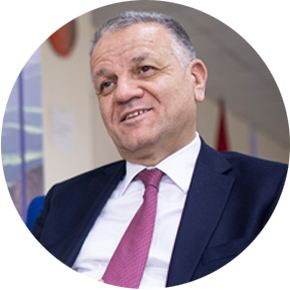
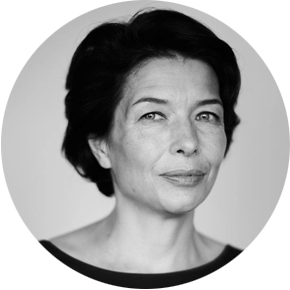





Comments
Dear visitors, You can place your opinion on the material using your Facebook account. Please, be polite and follow our simple rules: you are not allowed to make off - topic comments, place advertisements, use abusive and filthy language. The editorial staff reserves the right to moderate and delete comments in case of breach of the rules.